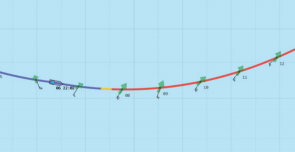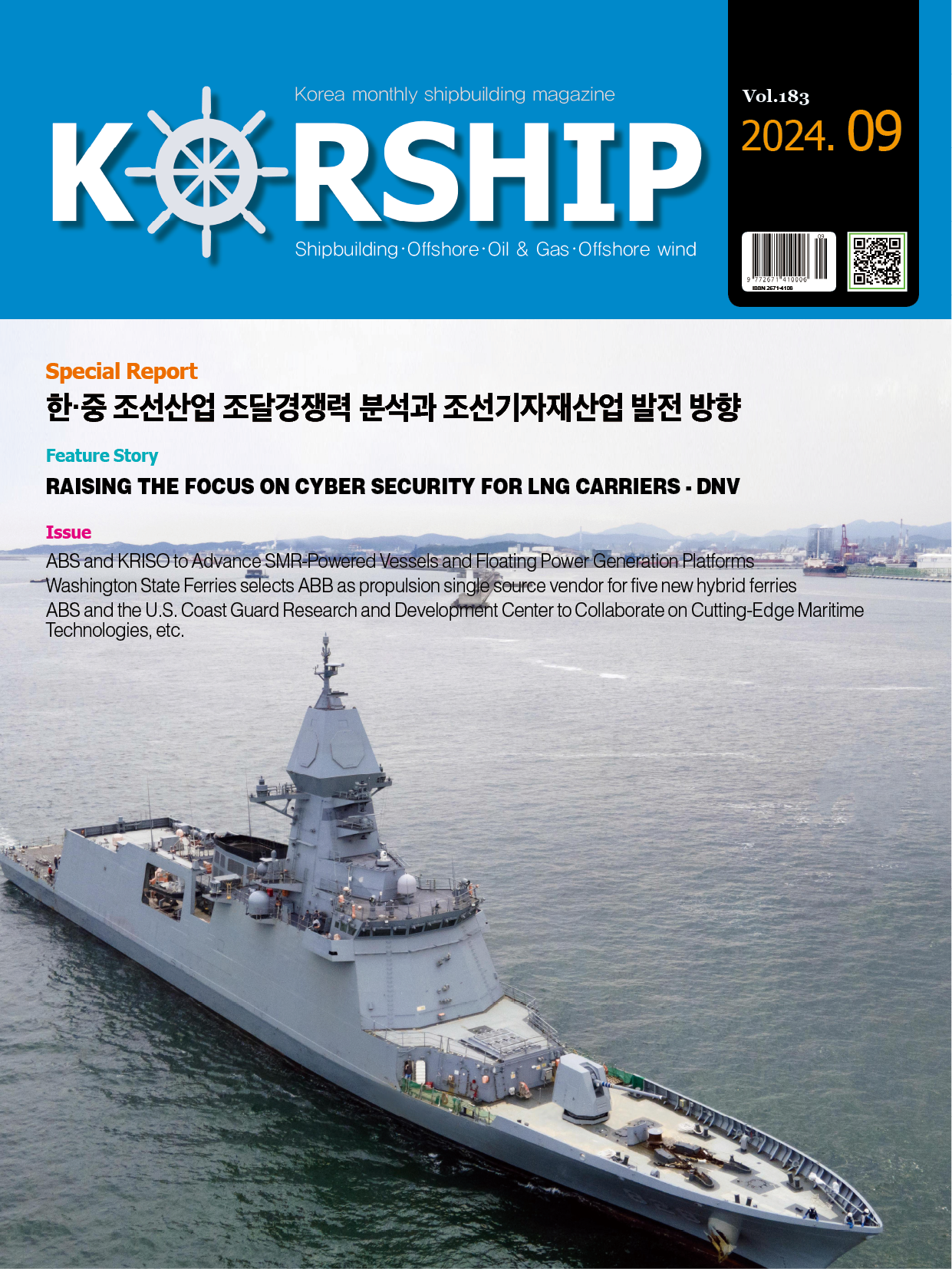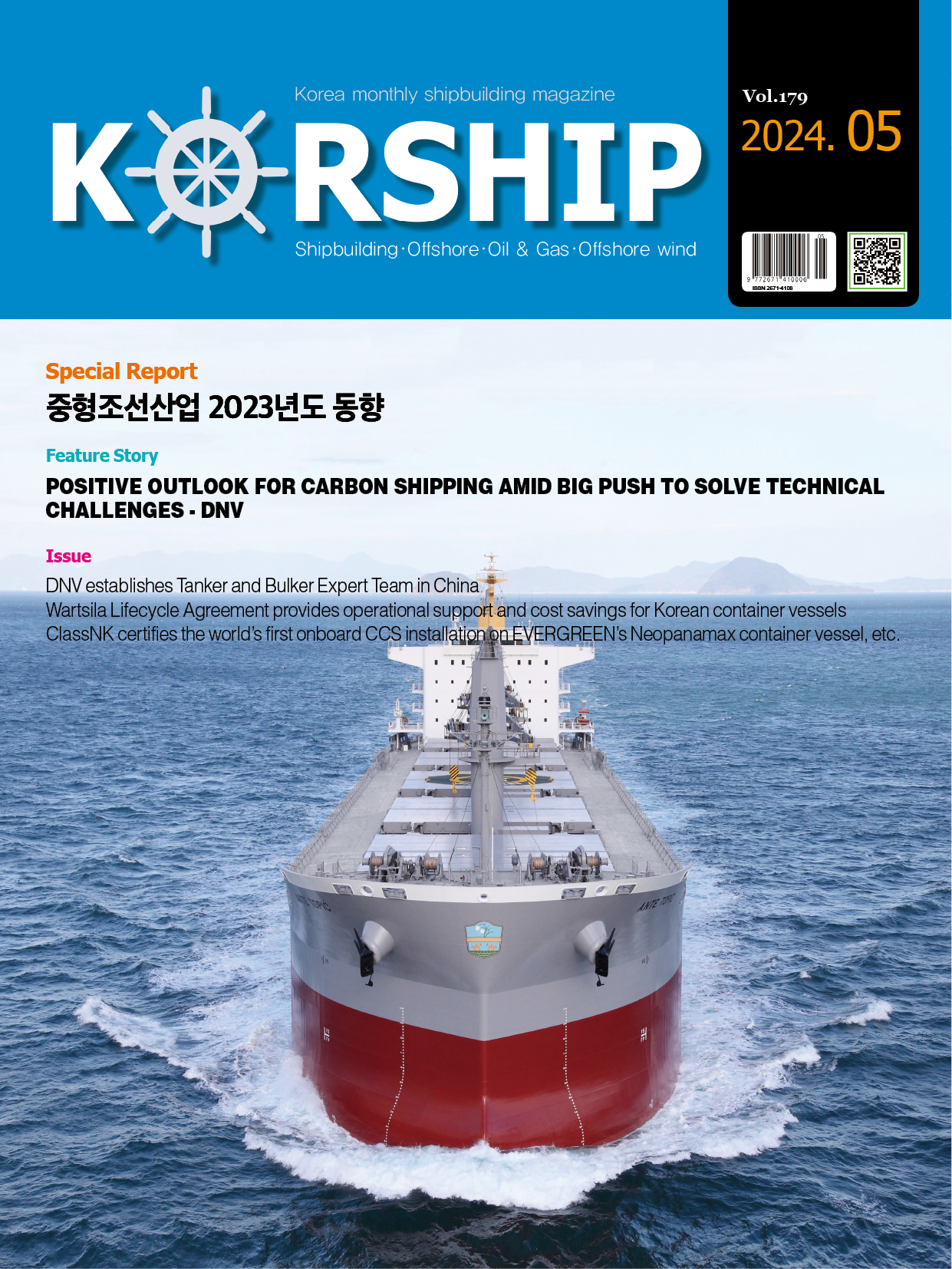Business News StormGeo Partners with DNV to Offer Anti-Roll Assistance and Seakeepin…
페이지 정보
작성자 최고관리자 댓글 0건 조회 1,353회 작성일 22-08-11 17:36본문

Unlike ship motions such as pitch, roll, and heave, which most masters can estimate accurately, synchronous and parametric rolling events can catch even the most experienced captain by surprise. They are often difficult to predict, and when they occur, they are notoriously difficult to control.
To help captains mitigate the risks of resonant rolling and container losses, StormGeo recently partnered with DNV to offer anti-roll assistance and provide seakeeping information to onboard vessel crews already at the voyage planning stage. Through close collaboration, StormGeo recently implemented DNV’s Anti-Roll Assist application in its digital onboard platform, s-Planner.
DNV’s Anti-Roll Assist application allows captains to recognize and avoid synchronous or parametric rolling risks before they become a threat. The app delivers accurate, reliable, and up-to-the-minute visualized guidance and can be used both onboard and onshore. It draws a clear picture of the risk situation and guides captains on actions to avoid excessive rolling-induced container loss.
By integrating DNV’s application with s-Planner, StormGeo can now provide excessive rolling alerts directly to captains through an advanced, digital onboard tool. As a welcome addition to the many features of s-Planner, the excessive rolling alerts efficiently notify the captain of any potential rolling risks and help them take proper action to mitigate any threats to the vessel, crew, and cargo.
The newest addition to s-Planner allows captains to input speed and loading conditions, such as drafts and GM, and get predictions for “lashing load” for all positions and times along the planned route from forecasted weather data. The “lashing load” is the transverse acceleration acting on the cargo.
Captains can easily visualize the predictions directly on the route using a traffic light scheme based on rolling risks for the route (yellow for dangerous parts of the route and red for parts to avoid altogether).












